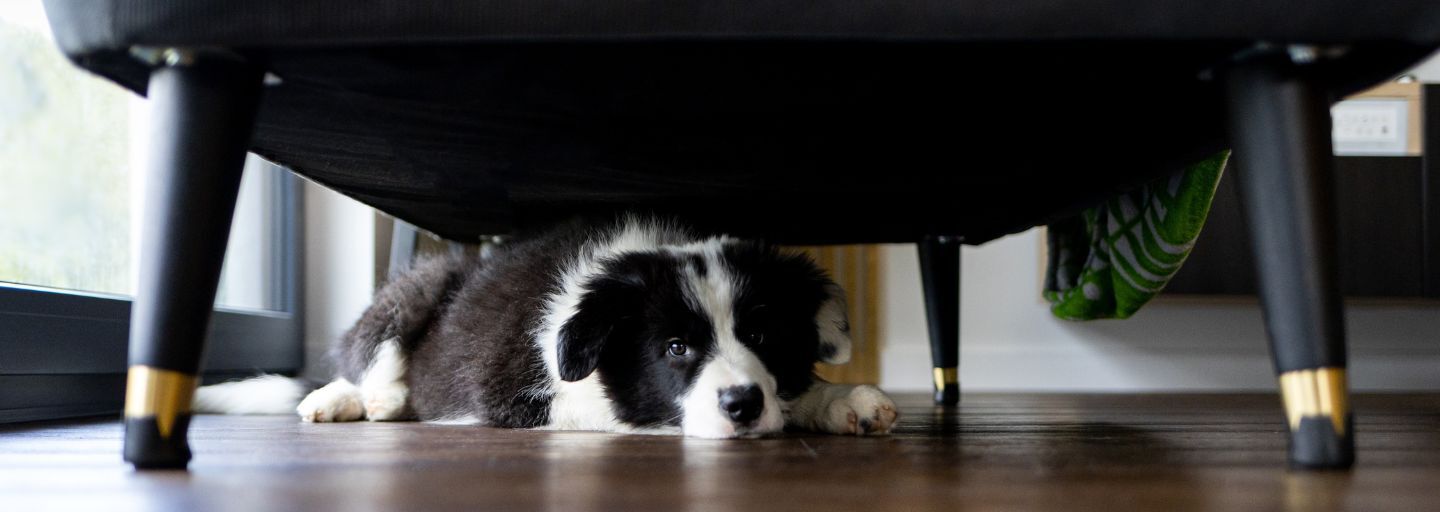As a dog owner, it's important to be aware of why dogs may bite. While dogs are generally affectionate, certain situations can lead to biting. Understanding the causes of dog bites and how to prevent them is key to ensuring safety for both your pet and others.
What Causes Dogs to Bite? Fear and Anxiety
Fear is a common reason for biting. Dogs may bite when they feel threatened or cornered, often in unfamiliar situations or around strangers. Territorial Behaviour: Dogs are protective of their space. They may bite to defend their home, food, or owner from perceived intruders, especially in unfamiliar settings.
Pain or Injury
If a dog is in pain, it may react aggressively to being touched or handled. Health issues or injuries can make a dog more sensitive and cause unexpected biting.
Playfulness
Puppies especially may bite during play. While this is natural, it can become problematic if not properly controlled. Click here for a guide on teaching a puppy good manners.
Aggression
Aggression can be caused by genetics, bad experiences, or inadequate training. An aggressive dog may bite in response to stress or fear.
Preventing Dog Bites Training and Socialisation
Early training and socialisation are essential. Puppies should be introduced to various people, animals, and environments to reduce fear-based reactions. Teaching basic commands like “sit,” “stay,” and “leave it” helps manage a dog’s impulses in stressful situations. Socialisation teaches dogs how to interact calmly with others, reducing the chance of aggression.
Recognising Warning Signs
Learning to recognise a dog’s body language is crucial. Warning signs before a bite may include growling, stiff posture, or showing teeth. If a dog exhibits these signs, give it space to avoid escalating the situation. Being aware of these cues can help prevent a bite from occurring.
Respecting Boundaries
Always respect a dog’s space, especially if it’s eating, sleeping, or protecting its puppies. Dogs can be territorial and may bite if they feel their resources are being threatened. If a dog appears anxious or uncomfortable, avoid forcing interaction and let the dog come to you on its own terms.
Health and Regular Vet Visits
A dog in pain may bite unexpectedly. Regular vet check-ups can help identify health issues, such as arthritis or dental problems, that may cause discomfort and lead to aggression. Keeping your dog healthy can reduce the chances of biting due to pain. Understanding why dogs bite and taking steps to prevent it can create a safer environment for your dog and others. Proper training, recognising warning signs, respecting boundaries, and regular vet visits all contribute to reducing the risk of bites. By being proactive, you can foster positive interactions and keep your dog safe.



